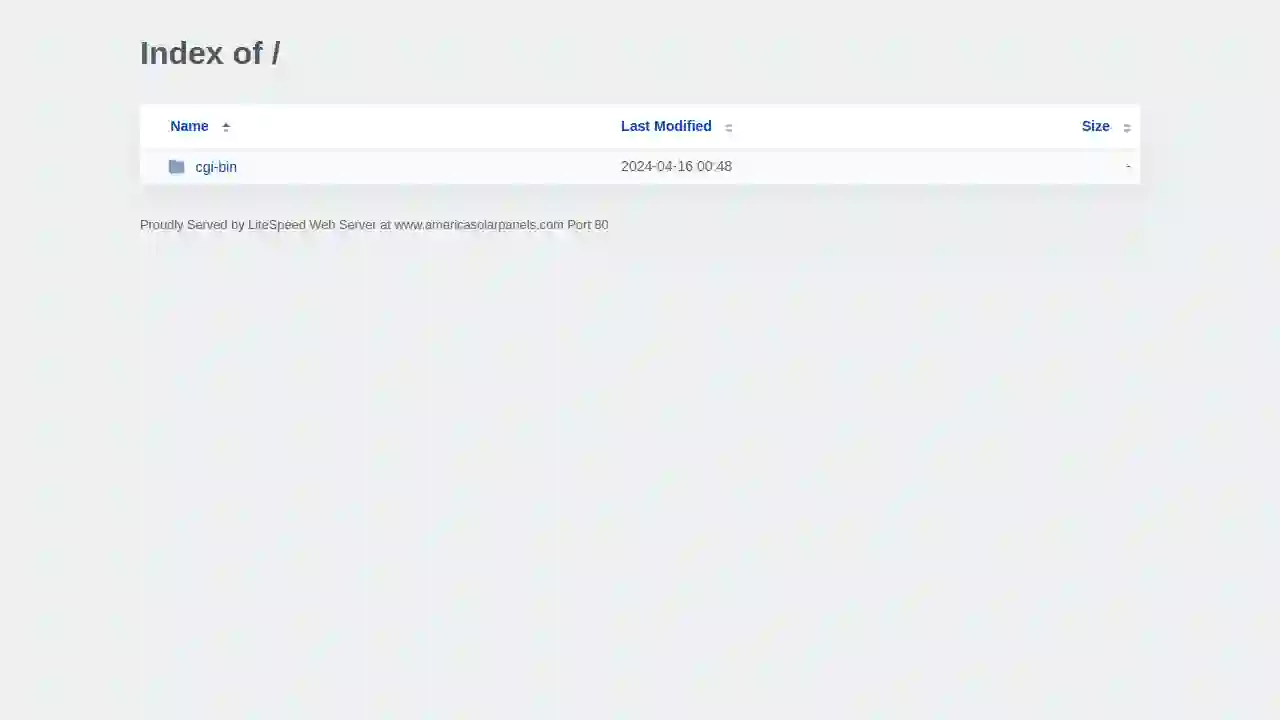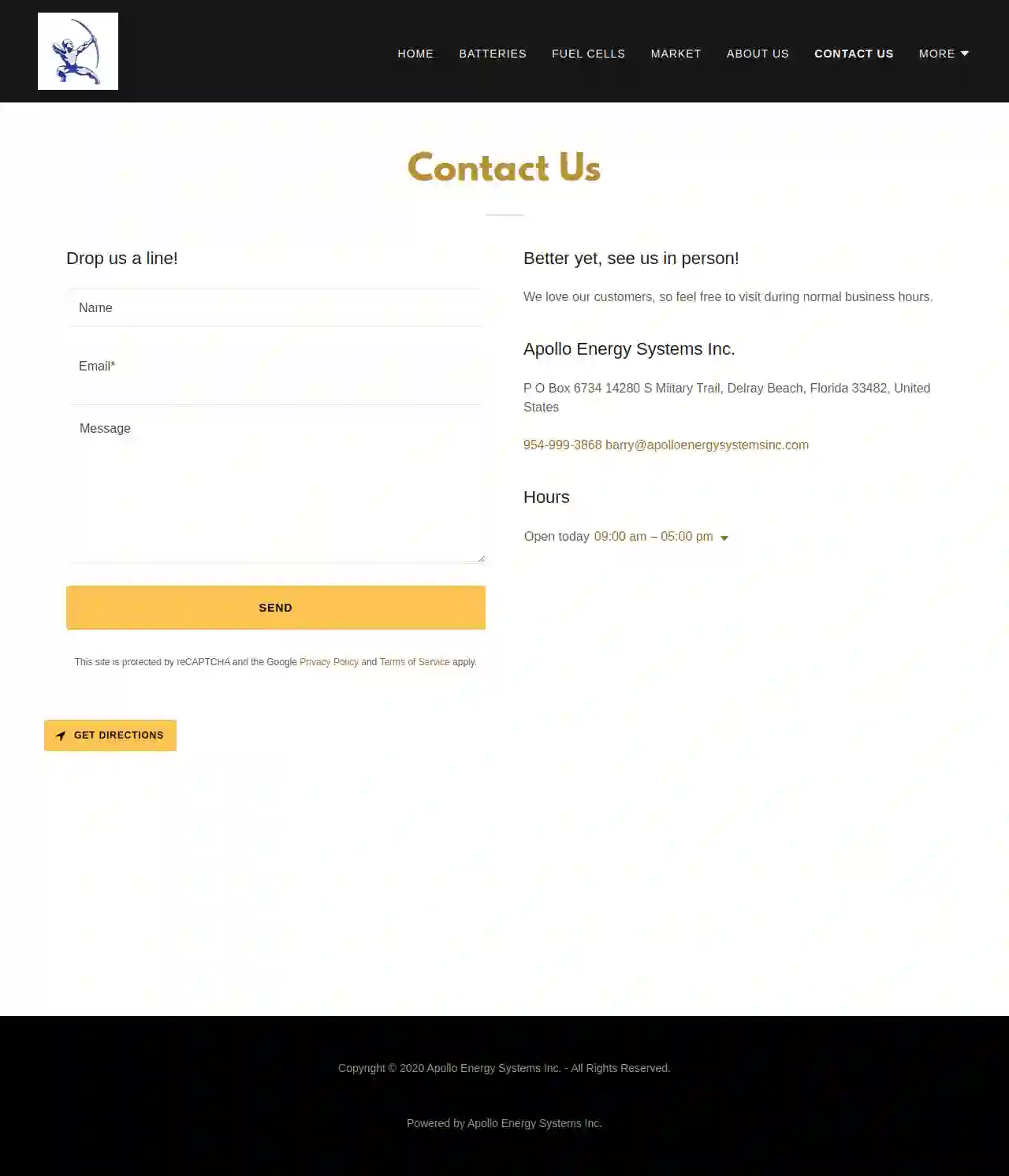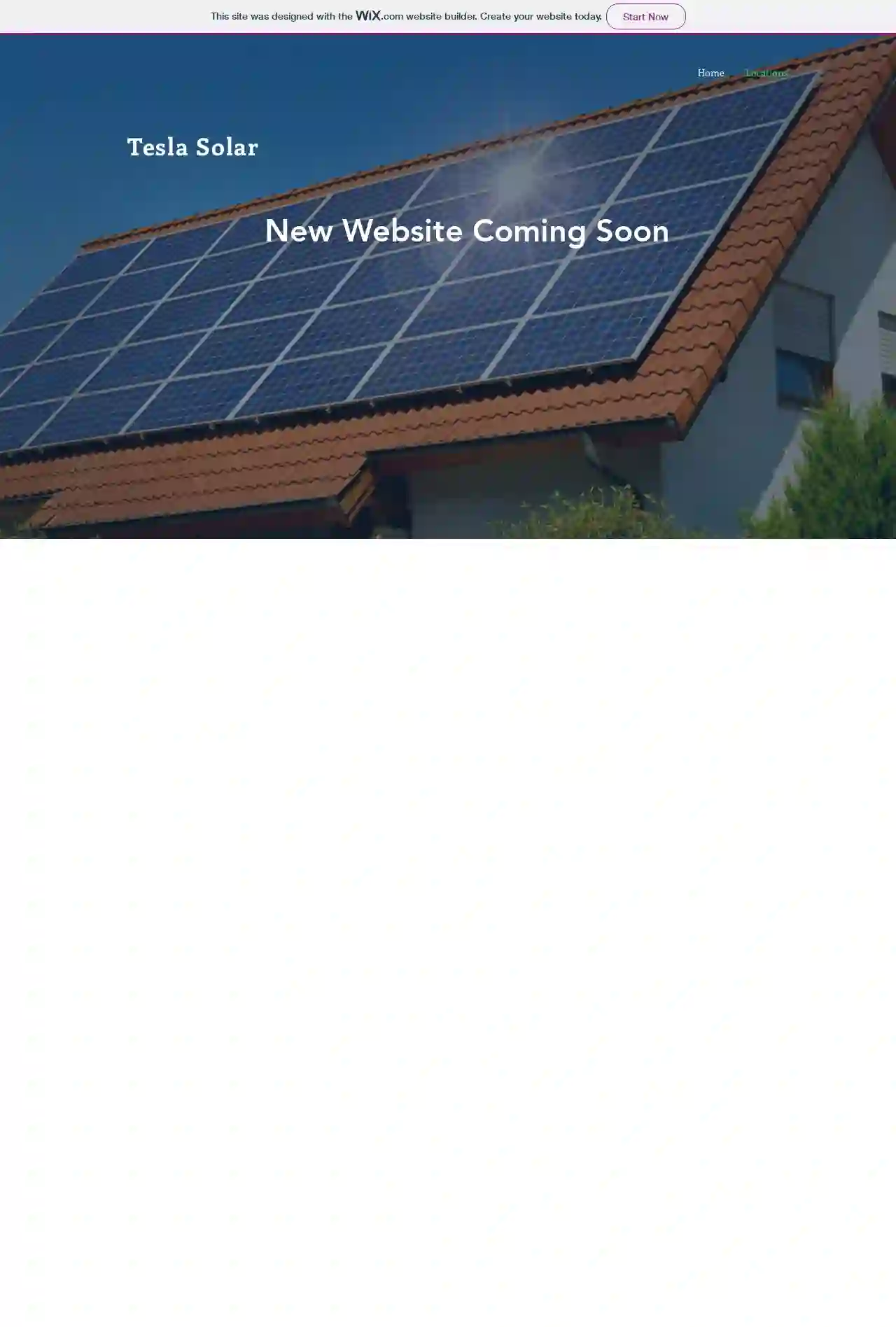Solar Installers Fort Lauderdale
Top Solar Installation Companies in Fort Lauderdale
Receive multiple Solar Installation Company quotes for your project today! Compare profiles, reviews, accreditations, portfolio, etc... and choose the best offer.

America Solar Panels
4.113 reviews123 Solar Way, Suite 100, Beverly Hills, 90210, USAmerica Solar Panels is a leading provider of solar energy solutions, dedicated to helping individuals and businesses harness the power of the sun to reduce their energy costs and carbon footprint. With a strong commitment to quality, reliability, and customer satisfaction, we offer a wide range of solar panel systems and services designed to meet the unique needs of our clients. Our team of experienced professionals is dedicated to delivering exceptional service and ensuring that every customer has a positive experience with us.
- Services
- Why Us?
- Accreditations
- Our Team
- Testimonials
- Gallery
Get Quote
AccuSolar
1800 SW 13th Court, Pompano Beach, FL 33069, 33069, USAccuSolar is a leading provider of floating solar solutions, leveraging over twenty years of industry experience to engineer state-of-the-art floating solar systems. Their designs are meticulously crafted with client-specific needs at the forefront, ensuring optimal performance and reliability. AccuSolar's commitment to innovation and sustainability sets them apart, offering businesses a smarter investment in renewable energy.
- Services
- Why Us?
- Accreditations
- Our Team
- Testimonials
- Gallery
Get Quote
Sun Source Energy
54 reviews123 Solar Way, Suite 100, Ormond Beach, 32114, USSunSource Florida is a leading provider of solar energy solutions, dedicated to helping homeowners and businesses harness the power of the sun to save money and reduce their carbon footprint. With a team of experienced professionals and a commitment to quality, SunSource Florida offers a range of services including solar panel installation, maintenance, and repair. Their mission is to make solar energy accessible and affordable for everyone, promoting a cleaner and more sustainable future.
- Services
- Why Us?
- Accreditations
- Our Team
- Testimonials
Get Quote
Apollo Energy Systems Inc.
Delray Beach, Florida, United States, 14280 S Military Trail, 33482, USApollo Energy Systems Inc. is a company with 60 years of experience in the development of batteries, fuel cells, and systems that incorporate those products. Their roots go back to 1953 when they built their first battery plant in Puerto Rico. The combination of their 'Apollo Lead Cobalt Battery' and 'Apollo Alkaline Fuel Cell' will provide a propulsion system for an electric vehicle, enabling it to drive continuously without external recharging. It will also provide a power plant system to give electricity to homes, farms, hotels, cell towers, or commercial establishments without the use of the outside grid supplied by electric utility companies.
- Services
- Why Us?
- Accreditations
- Our Team
- Testimonials
- Gallery
Get Quote
Advance Solar & Spa
4.210 reviews2431 Crystal Drive, Ft. Myers, FL, Fort Myers, 33907, USEstablished in 1983, Advance Solar & Spa is the largest and oldest pool heating company in Florida. We are family-owned and operated with offices in Ft. Myers & Ft. Lauderdale to help you with your pool heating, solar electric, Solar hot water and spa needs. Our mission is simple: Provide the finest products and services at the best price.
- Services
- Why Us?
- Accreditations
- Our Team
- Testimonials
- Gallery
Get Quote
Core Energy Solar
13450 SW 126TH ST SUITE 8, Miami, 33186, USCore Energy Solar is a premier solar installation company in Miami, dedicated to helping homeowners and businesses transition to clean energy. They offer a range of services including solar panel installation, repair, and maintenance, as well as solar battery installation and HVAC solutions. With a focus on quality and customer satisfaction, Core Energy Solar aims to provide efficient and cost-effective solutions for energy needs.
- Services
- Why Us?
- Accreditations
- Our Team
- Testimonials
- Gallery
Get Quote
Tesla Solar
2829 N Federal Hwy, Ft Lauderdale, FL, 33306, USTesla Solar is a leading provider of solar panel solutions, offering top-quality services across multiple locations including Sarasota, Aventura, Boca Raton, Miami, Ft Lauderdale, Ft Myers, Jacksonville, Merritt Island, Naples, Orlando, Agoura Hills, Burbank, Calabasas, Pasadena, Santa Monica, West Covina, Pomona, Norwalk, La Mirada, Downey, and more. Our mission is to provide sustainable energy solutions to our clients, ensuring a greener future for all.
- Services
- Why Us?
- Accreditations
- Our Team
- Testimonials
- Gallery
Get Quote
DCL SOLAR LLC
56 reviews123 Solar Blvd, Fort Lauderdale, 33301, USDCL Solar LLC is a leading solar energy company based in Ft Lauderdale, Florida. With years of experience in the industry, we have built a reputation for delivering exceptional solar solutions to our customers. We are committed to providing the highest quality products, impeccable installation services, and ongoing support to ensure the long-term success of your solar panel system. Our team of skilled and certified technicians is dedicated to exceeding customer expectations and making the switch to solar a hassle-free process.
- Services
- Why Us?
- Accreditations
- Our Team
- Testimonials
- Gallery
Get Quote
oursolarplan.co
Fort Lauderdale, USoursolarplan.co is a domain that has expired and is now suspended. The website provides information on how to restore the domain by contacting the registrar used to register it. It also offers a search for ideal .CO web addresses and provides terms and privacy policy.
- Services
- Why Us?
- Gallery
Get Quote
All About Solar
4.911 reviews4550 NE 5th Ave, Fort Lauderdale, 33334, USAll About Solar Inc. is a family-owned company that has been serving South Florida for over 37 years. They specialize in solar energy, hot water, and pool heating systems, offering new installations, repairs, and upgrades. Their team consists of certified technicians with decades of experience, and they are recommended installers and service partners for most major brands. They are fully insured and hold an A+ rating from the Better Business Bureau.
- Services
- Why Us?
- Accreditations
- Our Team
- Testimonials
- Gallery
Get Quote
Over 4,210+ Solar Installers in our network
Our solar contractors operate in Fort Lauderdale & beyond!
SolarCompaniesHub has curated and vetted the Best Solar Companies in and around Fort Lauderdale. Find the most trustworthy contractor today.
Frequently Asked Questions About Solar Installers
- Contact SolarCompaniesHub: We make it simple to connect with reputable Solar Installers in your area.
- Get Free Quotes: Request free quotes from multiple installers to compare prices, systems, and warranties.
- Schedule a Site Assessment: A qualified installer will visit your property to assess your roof, energy needs, and discuss your goals.
- Review Your Proposal and Contract: Carefully review the proposed system, financing options, and warranties before signing a contract.
- Installation and Activation: Once the contract is signed, the installer will obtain necessary permits, schedule the installation, and activate your solar system.
How do I get started with solar panel installation?
Do solar panels increase my home value?
What is the lifespan of solar panels?
What is net metering, and how does it work?
How do I get started with solar panel installation?
- Contact SolarCompaniesHub: We make it simple to connect with reputable Solar Installers in your area.
- Get Free Quotes: Request free quotes from multiple installers to compare prices, systems, and warranties.
- Schedule a Site Assessment: A qualified installer will visit your property to assess your roof, energy needs, and discuss your goals.
- Review Your Proposal and Contract: Carefully review the proposed system, financing options, and warranties before signing a contract.
- Installation and Activation: Once the contract is signed, the installer will obtain necessary permits, schedule the installation, and activate your solar system.